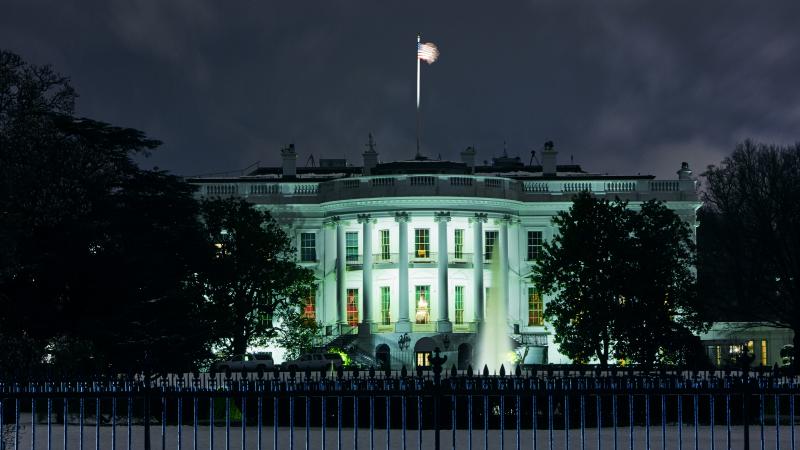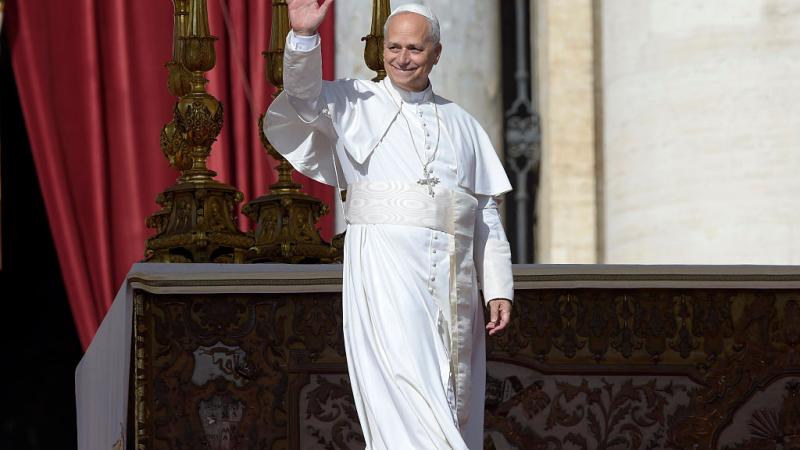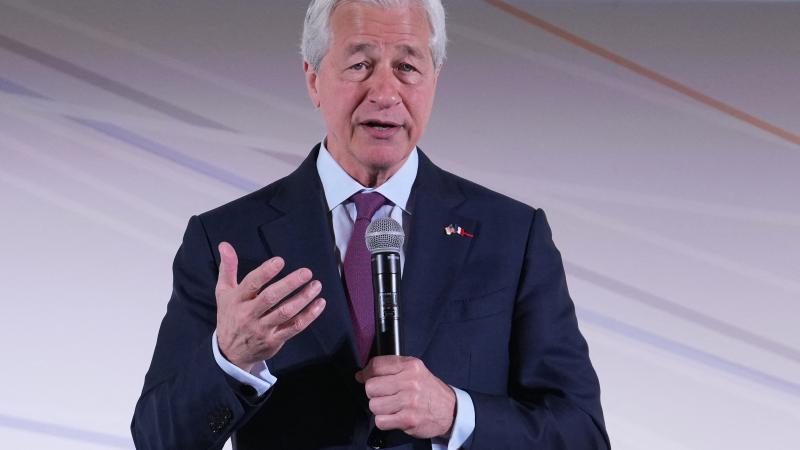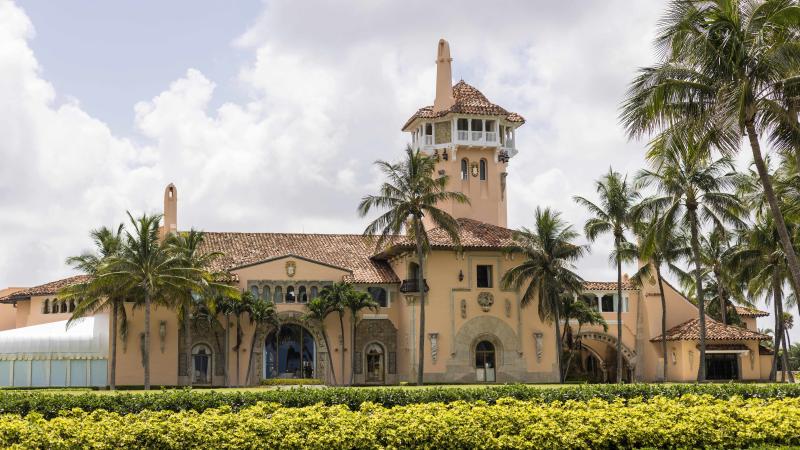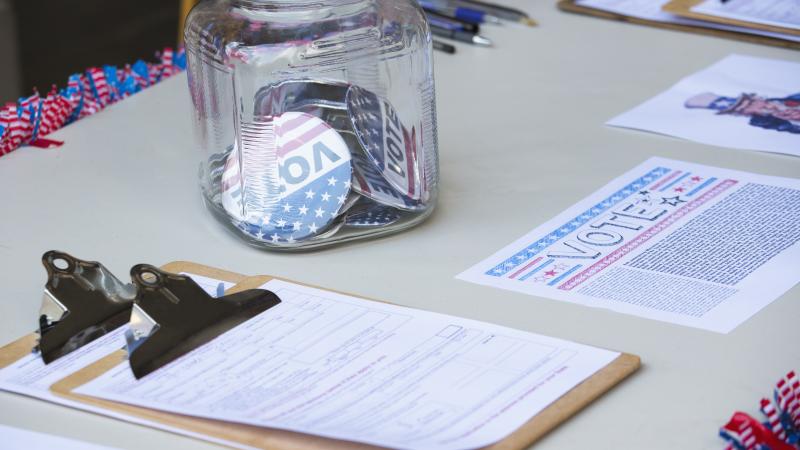Christian camps sue Colorado for gender identity rules as state faces SCOTUS trifecta of losses
Colorado ironically strengthened First Amendment rights for creative professionals by targeting a Christian baker and may do it again with so-called conversion therapy ban before the high court.
Coloradans with religious objections to same-sex marriage and gender ideology may have thought they could escape compelled affirmation of the state religion on these subjects as long as they weren't creative professionals or didn't send their kids to public school.
Then the Centennial State came for Christian summer camps.
Camp Id-Ra-Ha-Je Association – whose name refers to the hymn "I’d Rather Have Jesus" – sued the leaders of the Colorado Department of Early Childhood and its Division of Early Learning Licensing and Administration to block new childcare licensing rules that force it to treat children by gender identity rather than sex in its camps.
Regulators denied its request for a religious exemption from those rules – while having granted an "undue hardship" exemption since 2017 for the height of its "playground equipment" – even though the department grants a wide array of exemptions including to camps.
The association believes some licensees have received "categorical" exemptions and asked for the same under the "special school or class in religious instruction" exemption, but the department said that exemption isn't applicable to it, according to the suit.
The result is the association must "surrender its religious character, beliefs, and exercise" by letting 6- to 17-year-olds use "restrooms, shower facilities, dressing areas, and sleeping facilities designated for the opposite sex" or lose its license of 30 years, the suit alleges.
It's seeking a judicial declaration that enforcing gender-identity regulations against the association violates the First Amendment free exercise and establishment clauses and 14th Amendment equal protection clause, and preliminary and permanent injunctions against tying its childcare license to following those rules or abandoning its religious views.
Controversy over transgender campers in opposite-sex housing or facilities has risen in recent years, affecting both religious and secular camps.
An Ohio church camp let campers bunk with the opposite sex without notifying parents and a Texas cheerleader camp removed a male cheerleader who was allegedly charged with assault for choking a female who called him a "man with a penis."
The YMCA of the Pikes Peak Region backed out of an interview with the Colorado Springs Gazette a year ago over its Camp Shady Brook policy, which lets campers and adult leaders choose facilities by gender identity and only notifies others that the opposite sex is present when those transgender children and adults give consent.
The Gazette said Colvig Silver Camps in Durango has a similar policy. The Colorado Department of Early Childhood told the newspaper the Civil Rights Commission "added two conditions regarding gender segregation" in 2018.
Colorado trifecta of SCOTUS losses?
Colorado has paid a steep price in court for ordering Christians to violate their beliefs by creating custom products and services with opposing messages, prompting Supreme Court precedents for baker Jack Phillips and website designer Lorie Smith.
SCOTUS could make it a trifecta when it evaluates Colorado's ban on so-called conversion therapy for children, meaning therapists may not help young clients ward off unwanted same-sex attraction or gender confusion. (Gender-critical advocates label gender transitions another form of conversion therapy and gender ideology a religion.)
That hasn't stopped state lawmakers from pushing the envelope on gender identity, sending a sweeping transgender sanctuary state bill to Democratic Gov. Jared Polis that was stripped of far-reaching child custody language at the last minute to secure approval.
Democratic California Gov. Gavin Newsom vetoed a similar bill in 2023 that would threaten the custody of parents who refuse to affirm their children's gender confusion.
The Golden State has similarly served as a judicial whipping post on gender identity, with courts blocking school district policies that hide students' gender confusion from their parents and just this week a ban on notifying or letting parents opt their children out of a "buddy program" in which 5th graders read a gender identity book to kindergartners.
That's yet another subject awaiting a SCOTUS ruling, whether suburban D.C.'s Montgomery County Public Schools – in America's most religiously diverse county – can ban notice and opt-out for LGBTQ storybooks that teach children as young as 3 about sex workers, kink, drag, gender transitions and elementary-age same-sex romance.
Regulations hide sex of transgender campers, adult leaders from others
Camp Id-Ra-Ha-Je Association, which also runs a "winter children’s camp weekend," takes in 2,500 to 3,000 campers each summer and accepts children whose parents do not share its beliefs but requires them to follow its codes, the suit says.
Consistent with its doctrinal statement that “God has immutably created each person as either male or female," it maintains sex-segregated bathrooms, showers, changing areas and sleeping facilities and requires registered parents to disclose their child's "biological sex."
It does not prohibit children who "struggle with gender dysphoria" as long as their parents agree to follow camp policies "like all other campers."
The department changed the rules last year, taking immediate effect this past February, now requiring licensed camps to let campers use "gender-segregated" showers and toilets "that are consistent with their gender identity," while specifying they should be "separated by partitions to provide privacy" in congregate settings.
Camps must also make "reasonable accommodations" for students to undress based on gender identity in "gender-segregated facilities where undressing in the presence of others occurs." The housing rules flatly require campers to accept bunkmates from the opposite sex if their gender identity is at odds with their sex.
The association filed written comments against the gender-identity amendments last summer, unsuccessfully seeking an amendment with a religious exemption.
It's facing irreparable harm – one of the four considerations for a preliminary injunction – if it doesn't receive a favorable ruling by June 8, when its summer camps start and when it must certify it's in compliance with the challenged regulations for its license renewal, the suit says. It could also "face fines or a third-party complaint" without judicial relief.
Complaints are not speculative, the association said, citing a mother who informed the camp her child "was identifying as the opposite sex" and asked how its policy treated such children but ultimately agreed to follow its sex-segregation policies.
The regulations and the department's enforcement "do not serve a compelling governmental interest and are not narrowly tailored to achieve any purported compelling interest," and it showed religious hostility by granting exemptions for secular reasons, the suit also says.
The rules are not "neutral and generally applicable" either because they only serve to exclude organizations with religious beliefs and practices like IdRaHaJe’s," triggering strict scrutiny – the hardest judicial burden to meet, it said.
The Facts Inside Our Reporter's Notebook
Videos
Links
- hymn "Iâd Rather Have Jesus"
- the suit alleges
- Ohio church camp let campers bunk
- Texas cheerleader camp removed a male cheerleader
- Gazette
- baker Jack Phillips
- website designer Lorie Smith
- evaluates Colorado's ban on so-called conversion therapy for children
- gender transitions another form of conversion therapy
- gender ideology a religion
- sweeping transgender sanctuary state bill
- far-reaching child custody language
- Gavin Newsom vetoed a similar bill
- school district policies that hide students' gender confusion
- ban on notifying or letting parents opt their children
- another subject awaiting a SCOTUS ruling
- LGBTQ storybooks that teach children as young as 3
